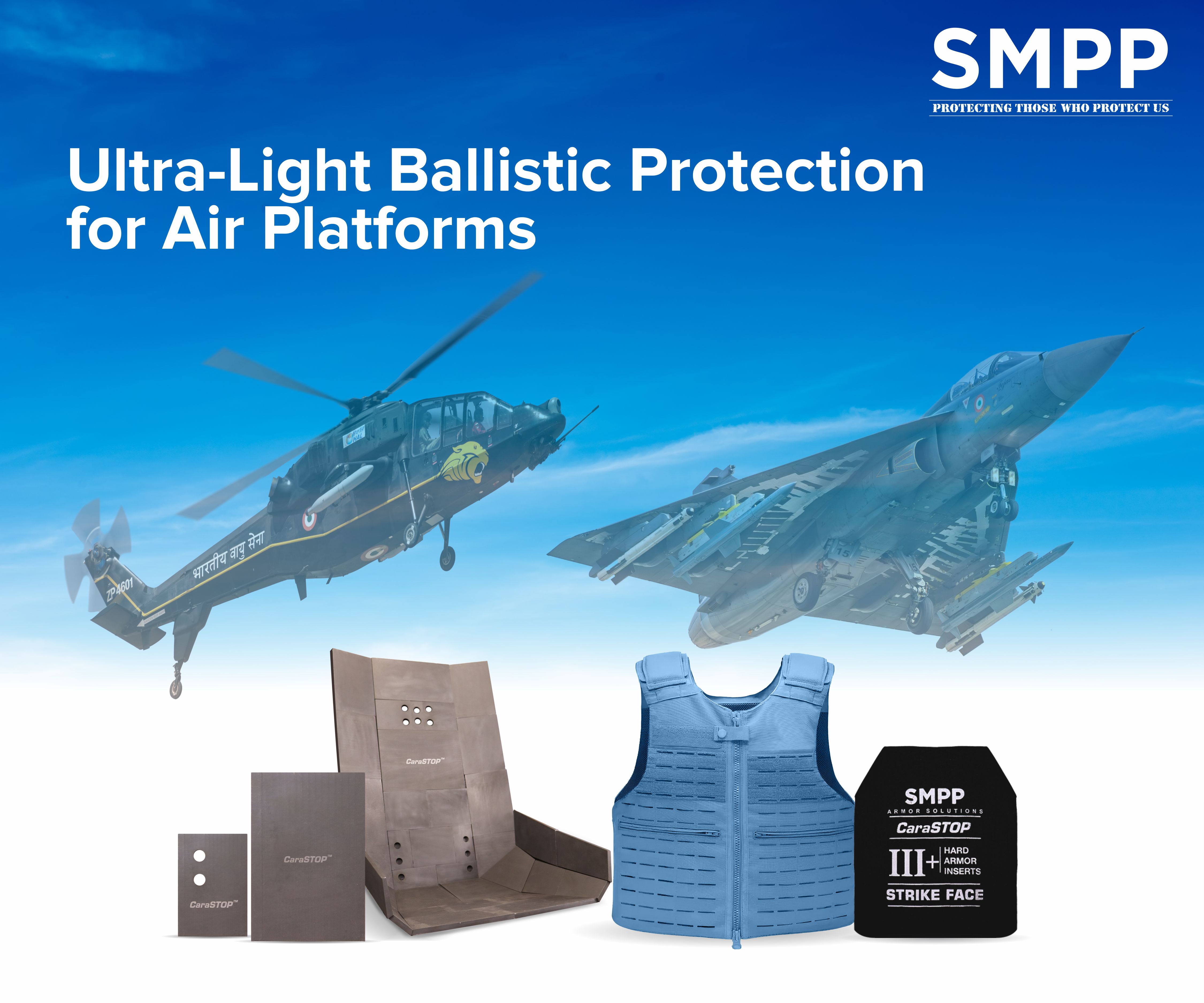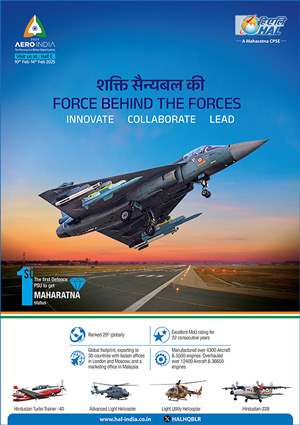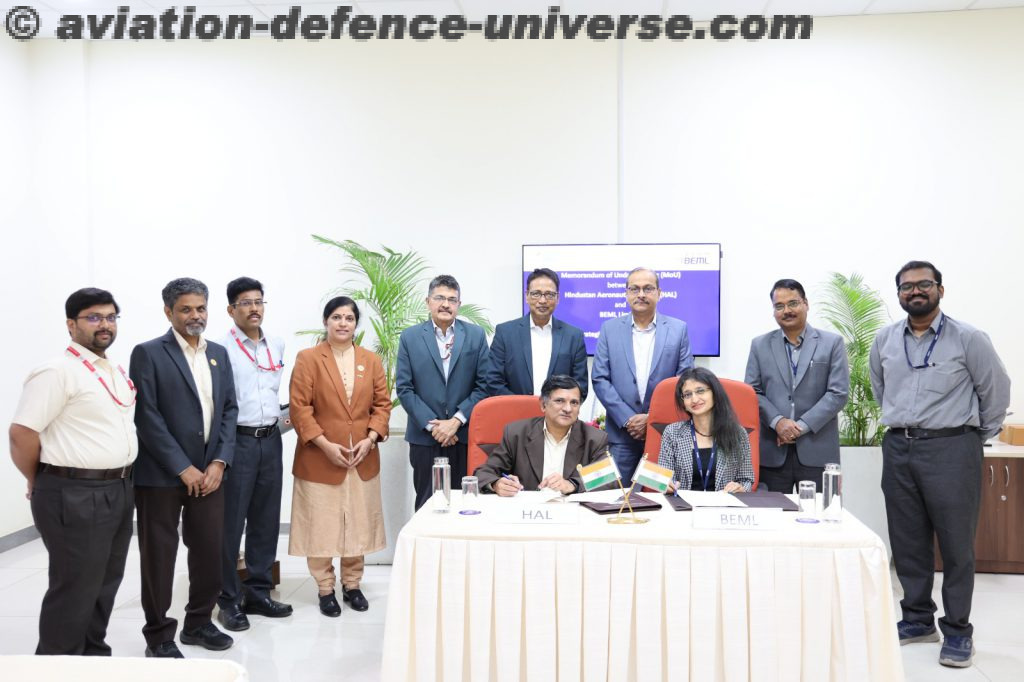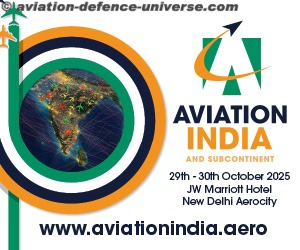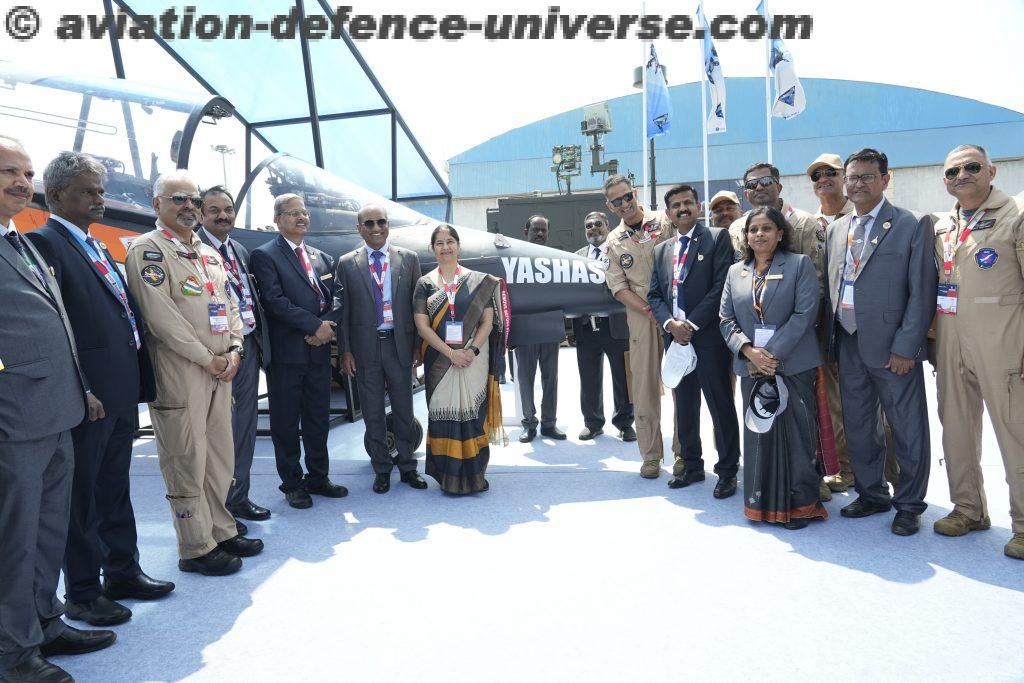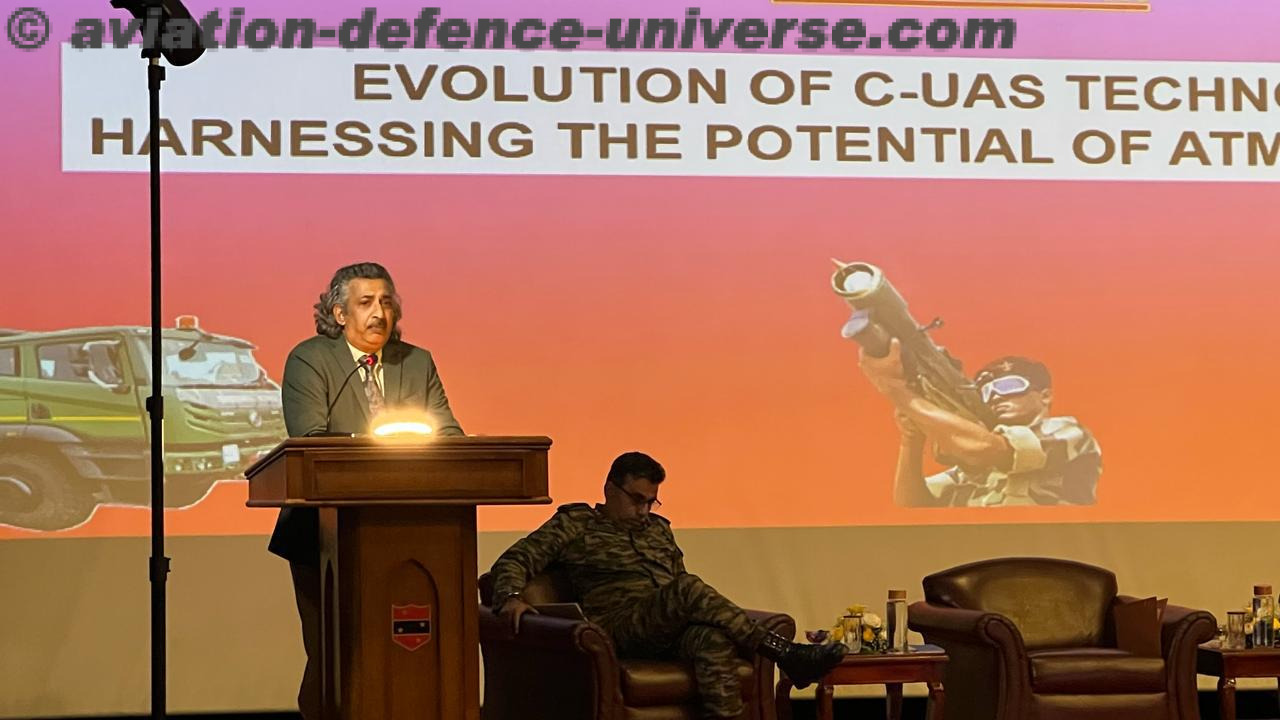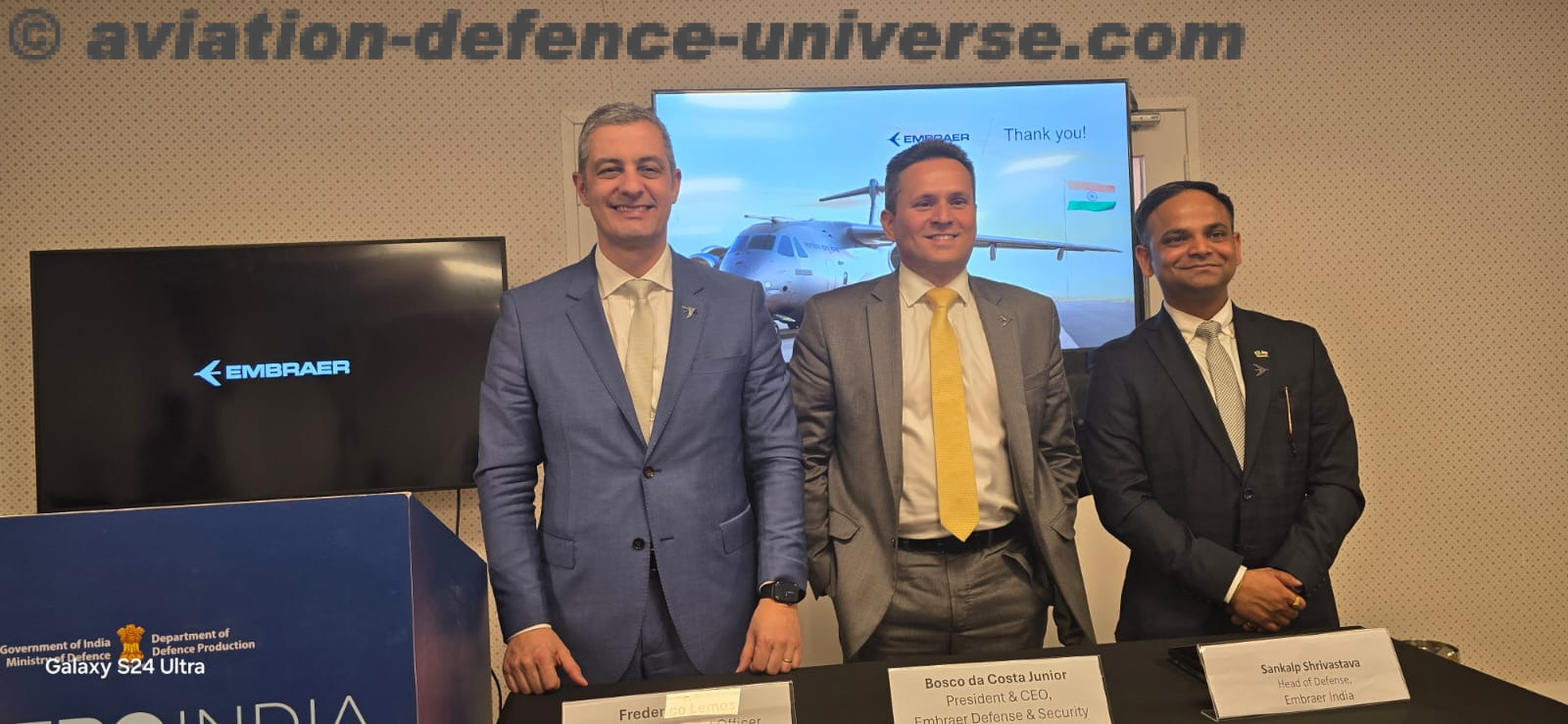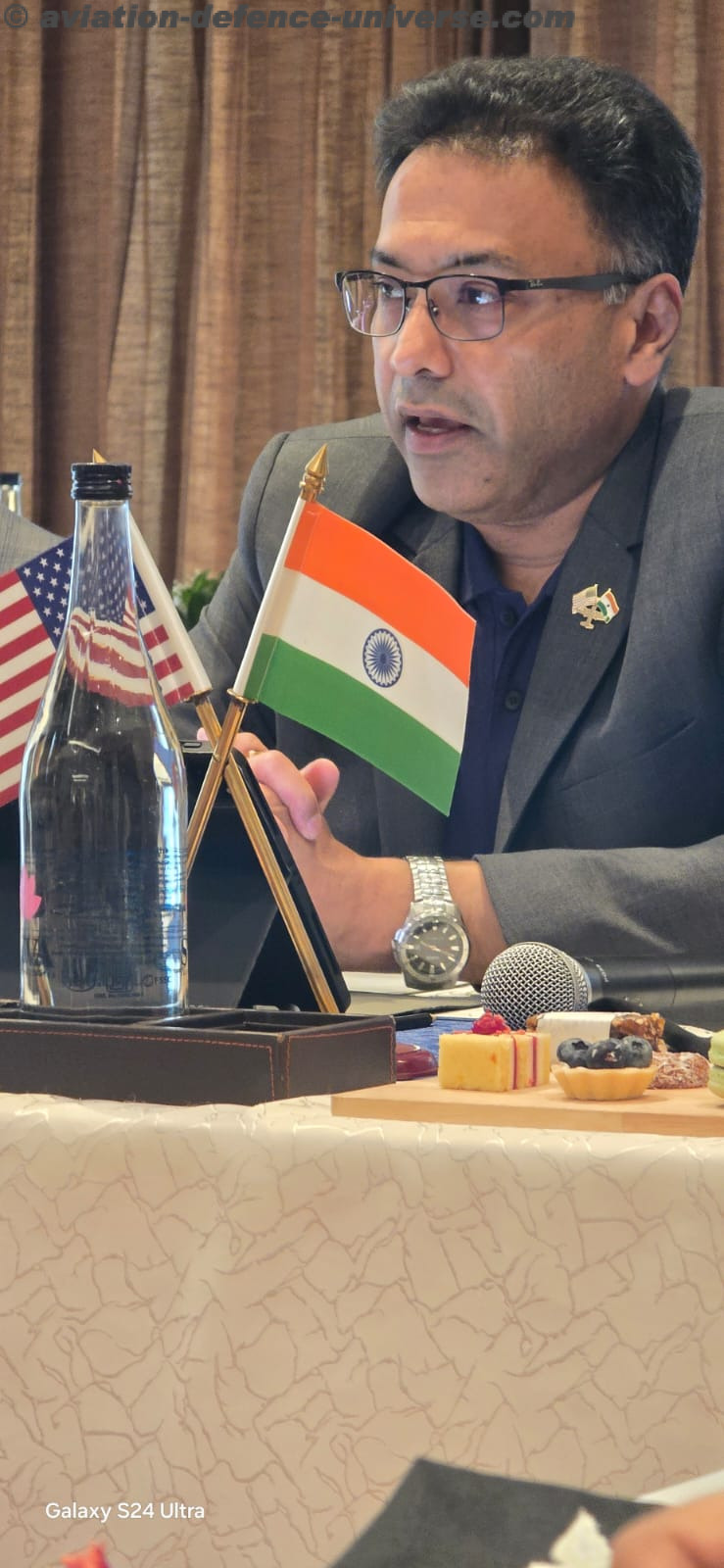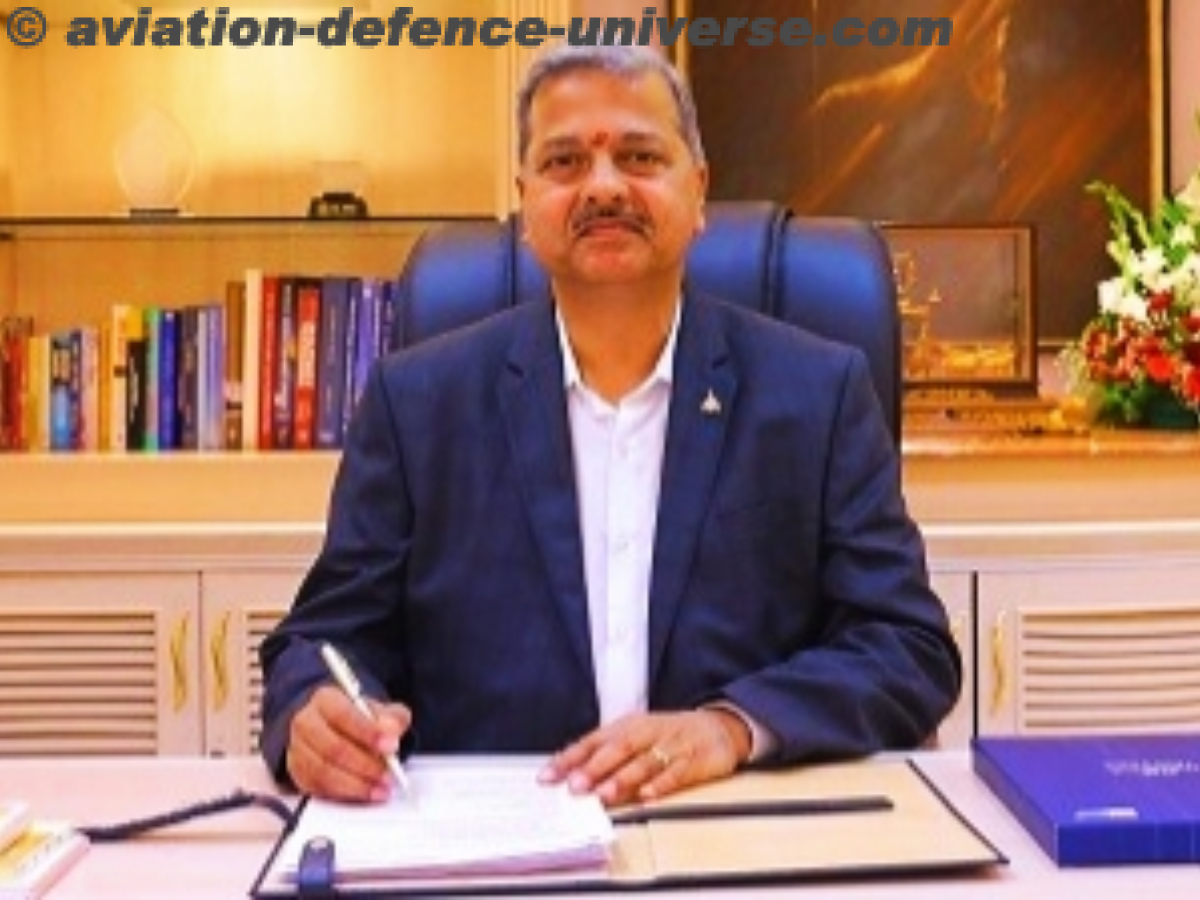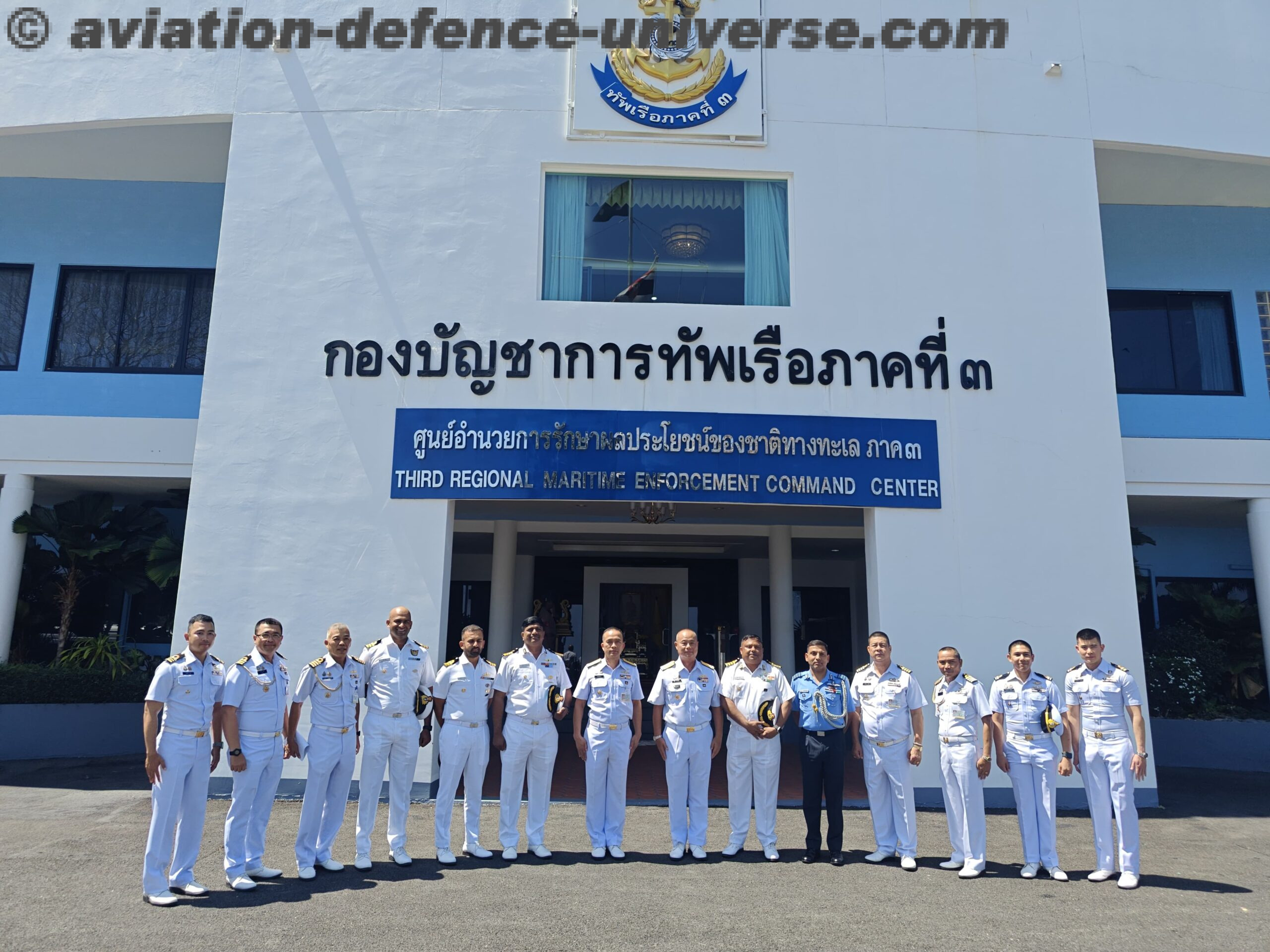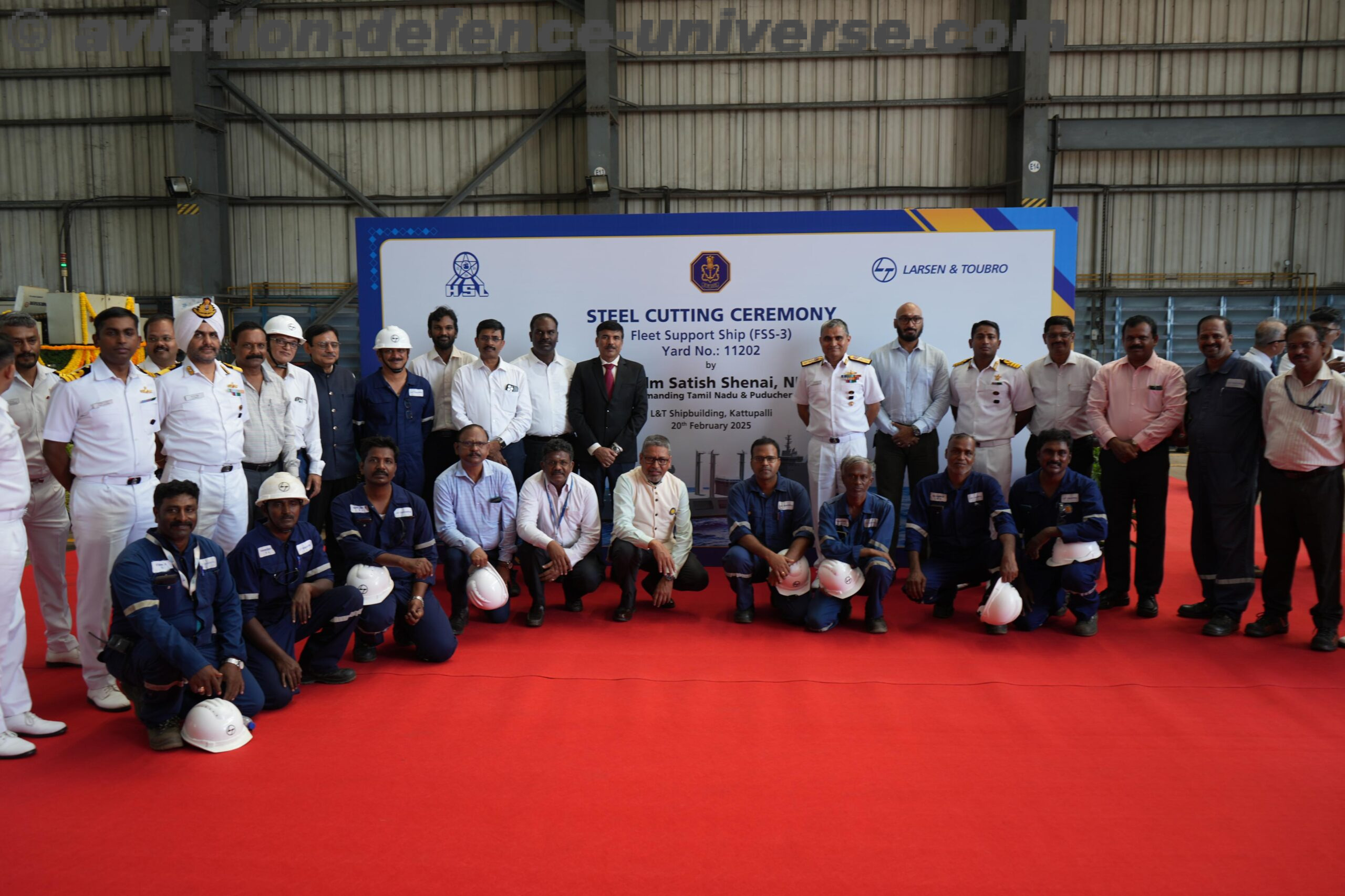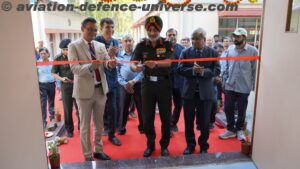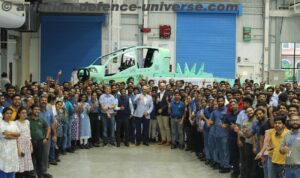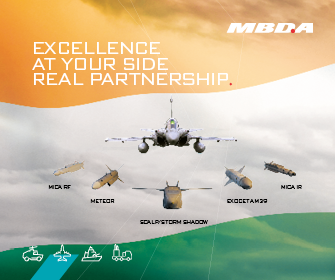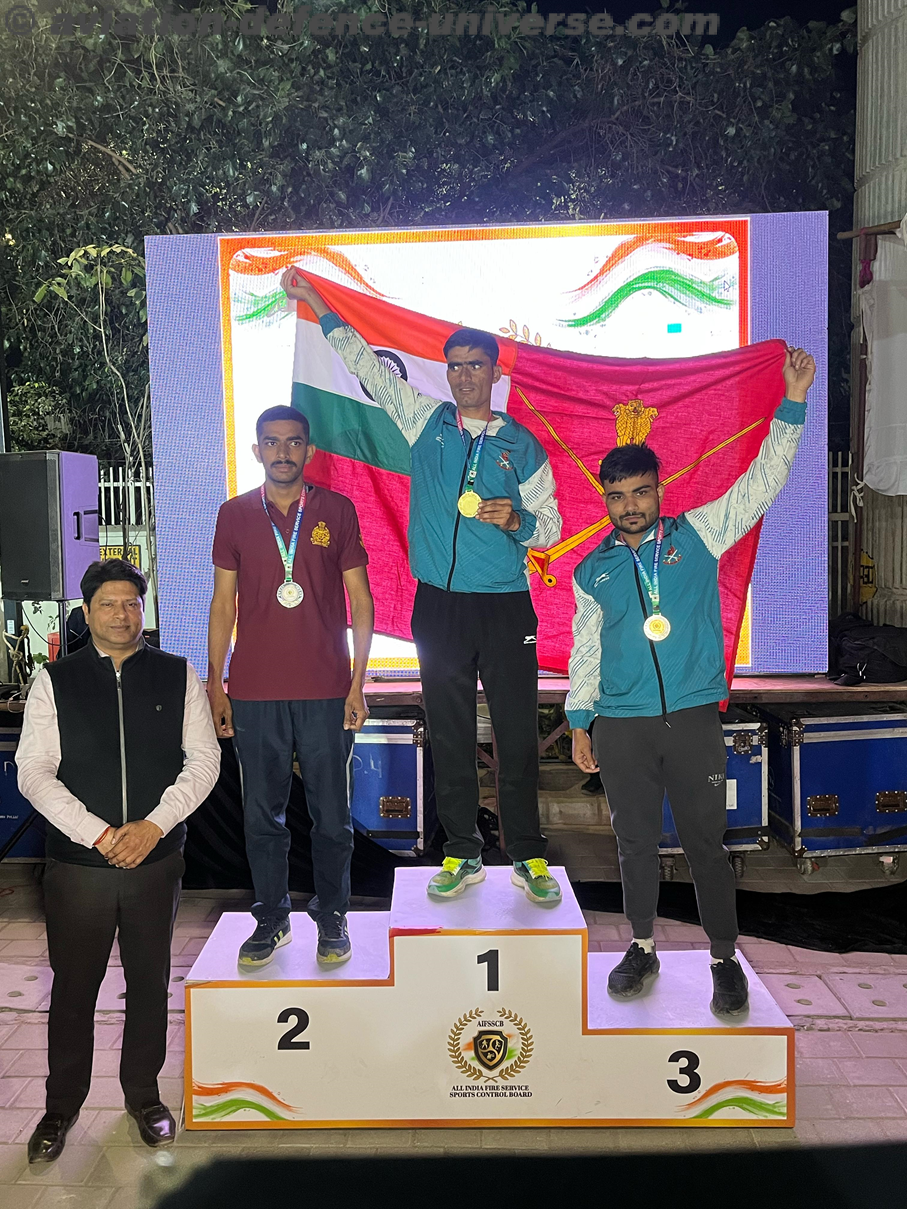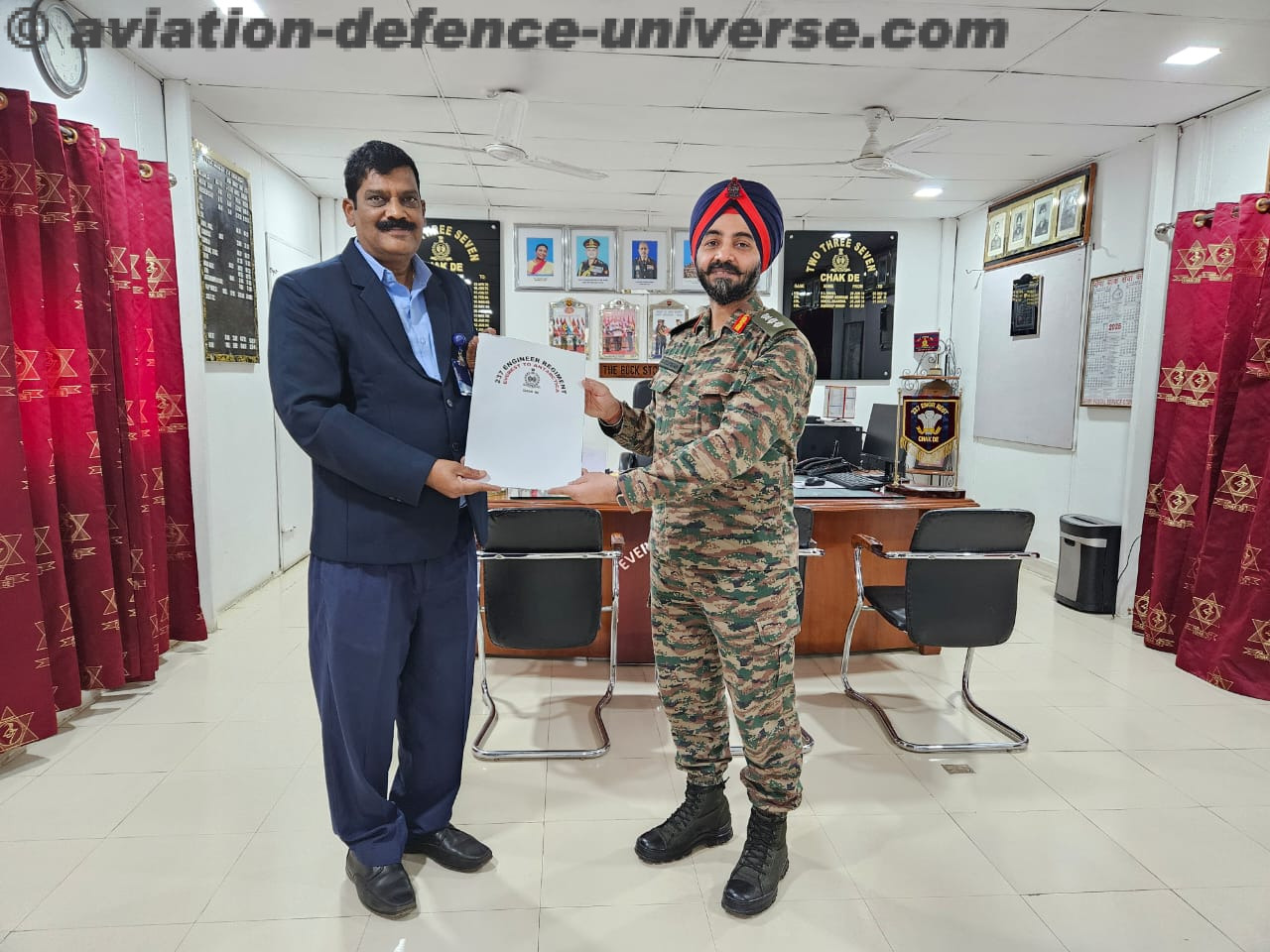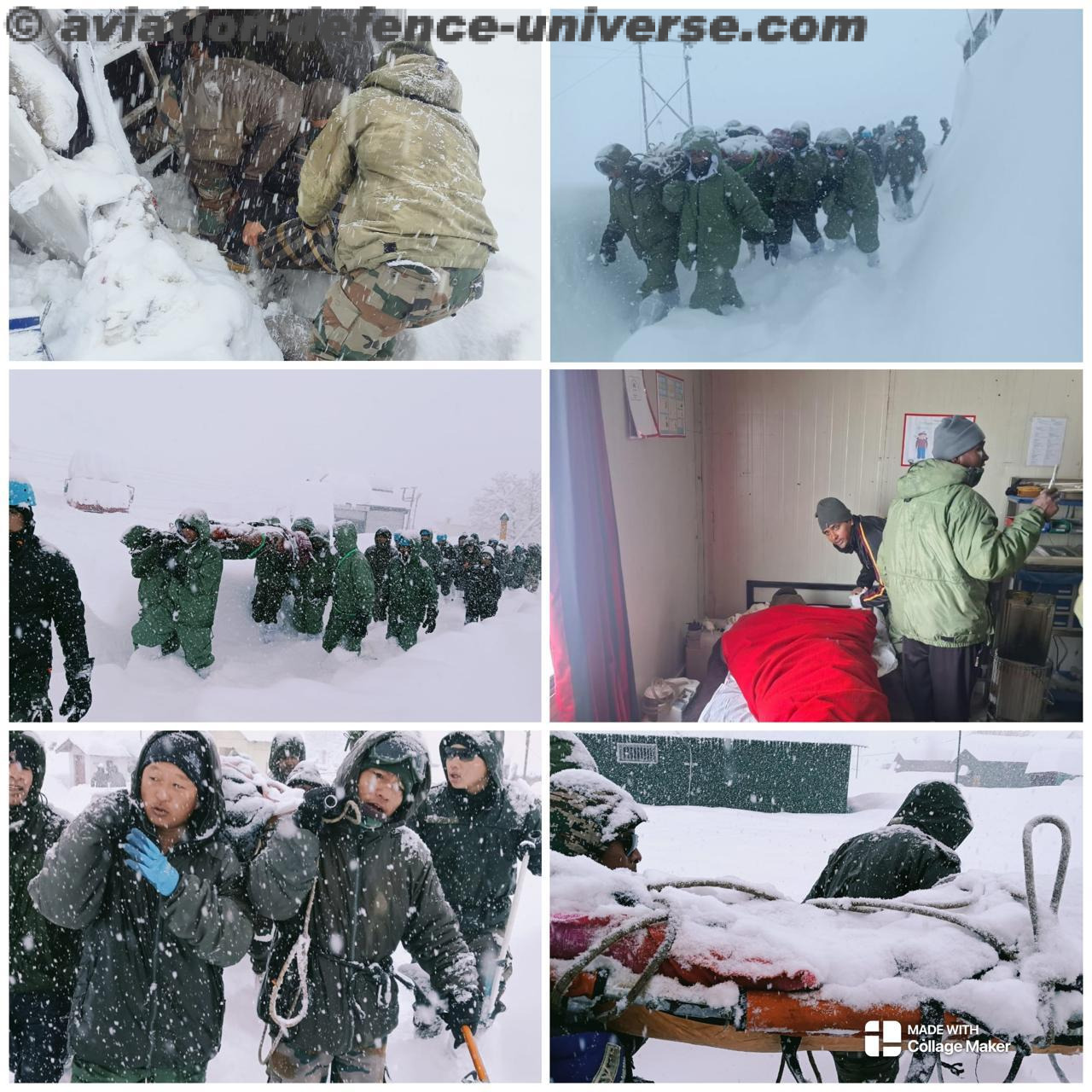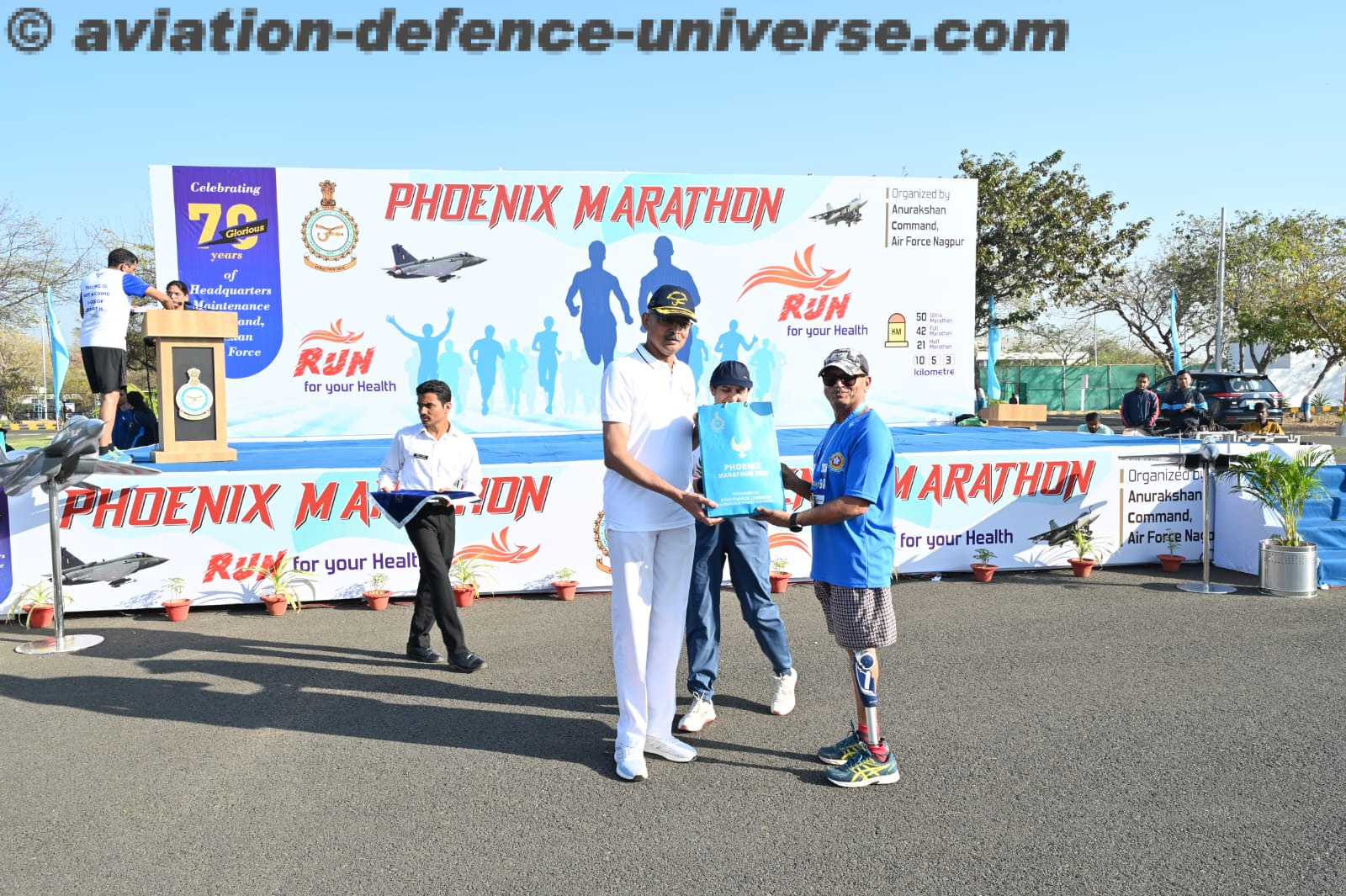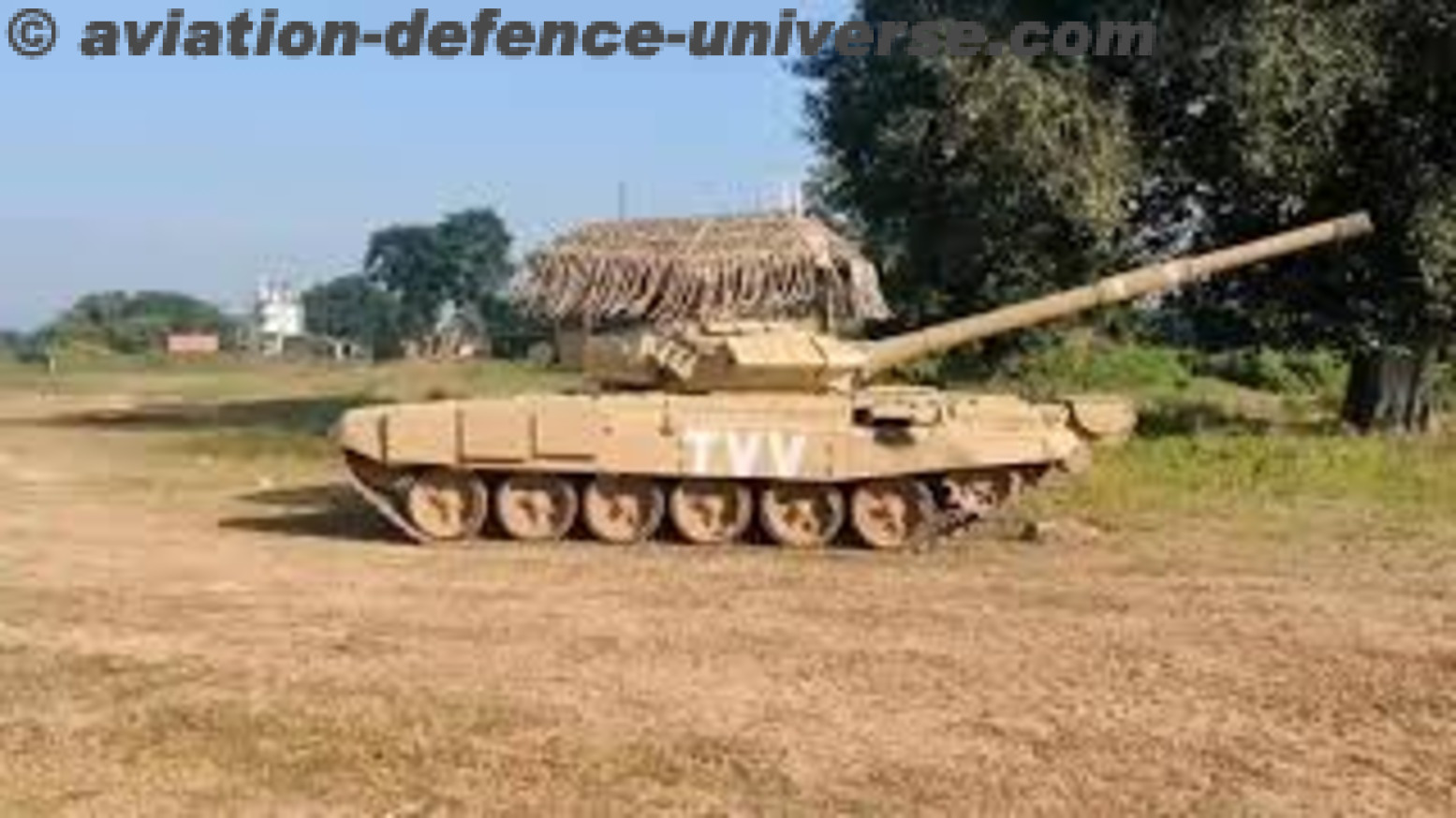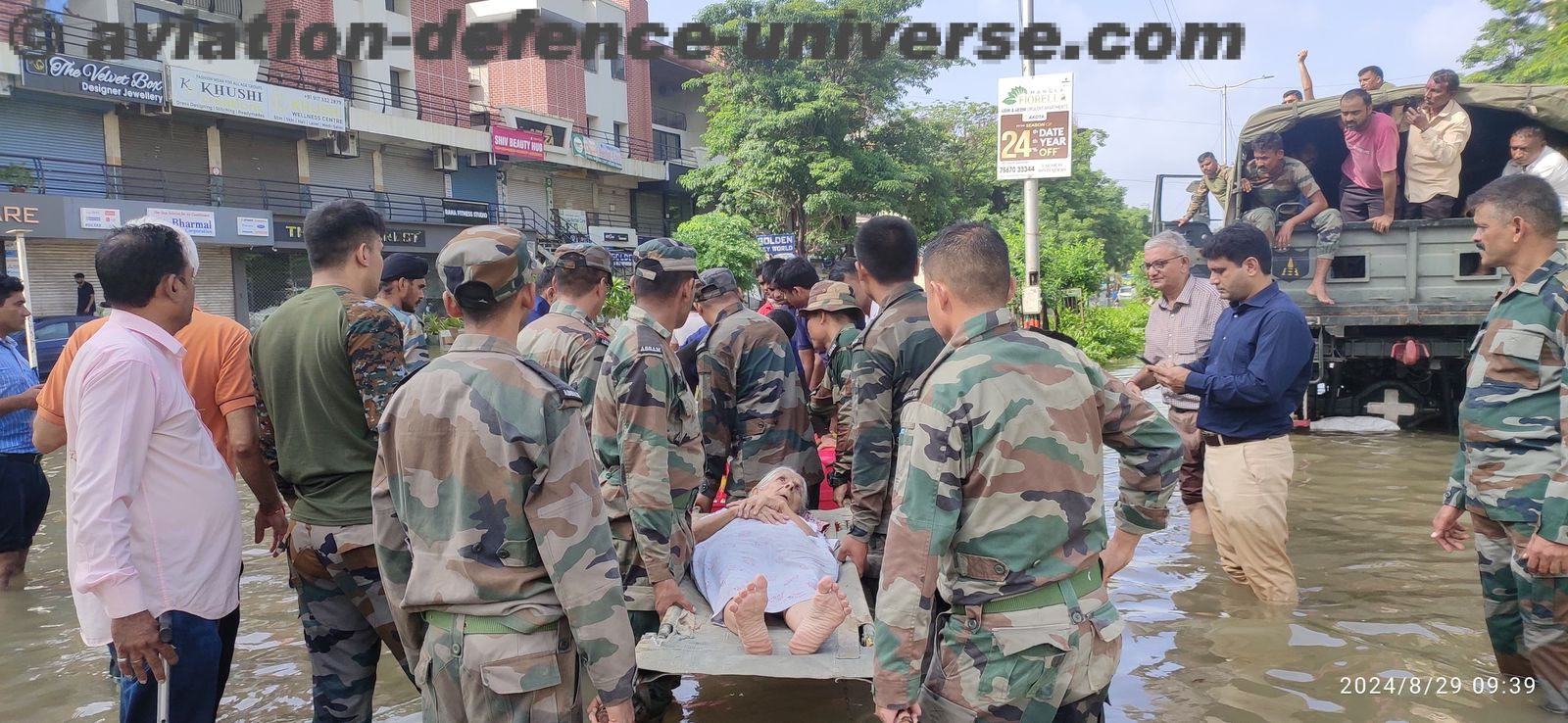- ACMA’s 2nd Aerospace & Defence Summit brainstorms
By Sangeeta Saxena
New Delhi. 22 May, 2016: “Auto component manufacturers looking to get into aerospace industry should be ready to accept the fact that there are no short term returns from this sector,” said Ashish Saraf vice president, Industry development, strategic partnerships & offsets, Airbus Group.”
He was addressing the Second Aerospace and Defense Summit organised by Auto Component Manufacturers Association (ACMA) recently. He added that one has to stay invested for years and sometimes decades before capital starts flowing back into the business and the documentation process is huge and one needs to invest a lot of time on it.
The Chief Guest for the occasion, Manohar Parrikar, Union Minister of Defence, Government of India, delivering his inaugural address said, “With world-class quality practices and manufacturing capabilities, the auto components industry in India is well poised to partner with the Defence Sector to achieve this goal. The government will also create the necessary framework by June 2016, to reform purchasing processes of Defence PSUs, which would benefit all suppliers, especially the MSMEs. This will help realise the Government’s vision of Make in India for the Defence sector.”
India is in the process of replacing 50 percent of its ageing defence equipment, and is expected to invest over US$ 100 billion (Rs 6,700 billion) over the next five years in capital equipment purchases across air force, navy and army. India and other emerging markets are expected to generate aircraft demand estimated at US$ 5 trillion (Rs 335 trillion) in the next 20 years
According to Jagmohan Singh, Regional Director, Lockheed Martin India, last year, nearly $15 billion procurement for aerospace happened and this number is expected to go up to $250 billion in next 10 years.
Joint efforts between the auto component industry and Ministry of Defence can help enhance India’s self-reliance and conserve foreign exchange. The positive approach displayed by the government, including liberalisation of FDI norms in the defence sector and clearer licencing requirements, will provide a thrust to the domestic manufacturing.
Maj. Gen S. Bhattacharya (VSM), Additional Director General, Directorate General of EME informed that they were looking at forming a cluster for component suppliers as it will help in easy procurement and better quality.
Not deterred the auto component players say that they are ready to take up the challenge, both quality wise and investment wise. “We are getting orders from aerospace and defence sector not because of low cost, but because of our competency in engineering,” said FR Singhvi, the Chairman of Aerospace & Defence committee of ACMA.
A joint ACMA-KPMG study release the same day highlighted that 70% – 80% of the defence equipment cost is used in maintenance and upkeep, an opportunity worth Rs. 20,000 crore, growing at a CAGR of 9%. 15%-20% of this will accrue from Air Force Maintenance, Repair and Operations (MRO) activities covering sub-assemblies, components, spare parts etc.
To help the auto component sector harness the Aerospace and Defence opportunity, the ACMA-KPMG study, recommends the improvement in Ease of Doing business with DPSUs. Amber Dubey, Partner and Head-Aerospace and Defence, KPMG in India also said that the L1 system of selection of suppliers needs to be revisited. Vendor Selection process as followed by in Automotive Industry, a combination of technical audits, quality and delivery and cost, could be considered.
The report recommended that Government with the support of global aerospace players should spearhead structured skill development programs for SMEs, a conducive business environment where gestation period should be short & hassle free as MSMEs do not have the resources to invest & wait, India should have 5 to 6 word class Aerospace & Defence clusters for key sub systems with plug & play infrastructure and Offset multipliers for sourcing commercial Aerospace components from Indian players & MSMEs. Permit 100% FDI for investments by Tier1s & OEMs for setting up their assembly facilities in India – Promote local sourcing from SMEs and Right tax & fiscal incentives to Defence & Aerospace component players – improving their competitiveness vis-a-vis global suppliers, is also proposed.
Aravind Melligeri, Chairman & CEO of Belgaum-based Aequs one of the main component players , feels that even though there is huge opportunity, auto component players should remember that they should enter this segment not because there is opportunity, but for the reason that you have to be there.
Aequs recently won a big order from Airbus for 100,000 titanium component. Airbus said that they are looking at $2 billion sourcing of components this year as compared to $500 million touched last year.
Unanimously the brainstorming put forth the main concerns which is the bureaucratic hassles that needs to sorted out before the transition is made.
Becoming a part of aerospace and defence sector supply chain seems like the next frontier that Indian auto component industry is now looking to cross.






_BannerAD_234x60px.jpg)
